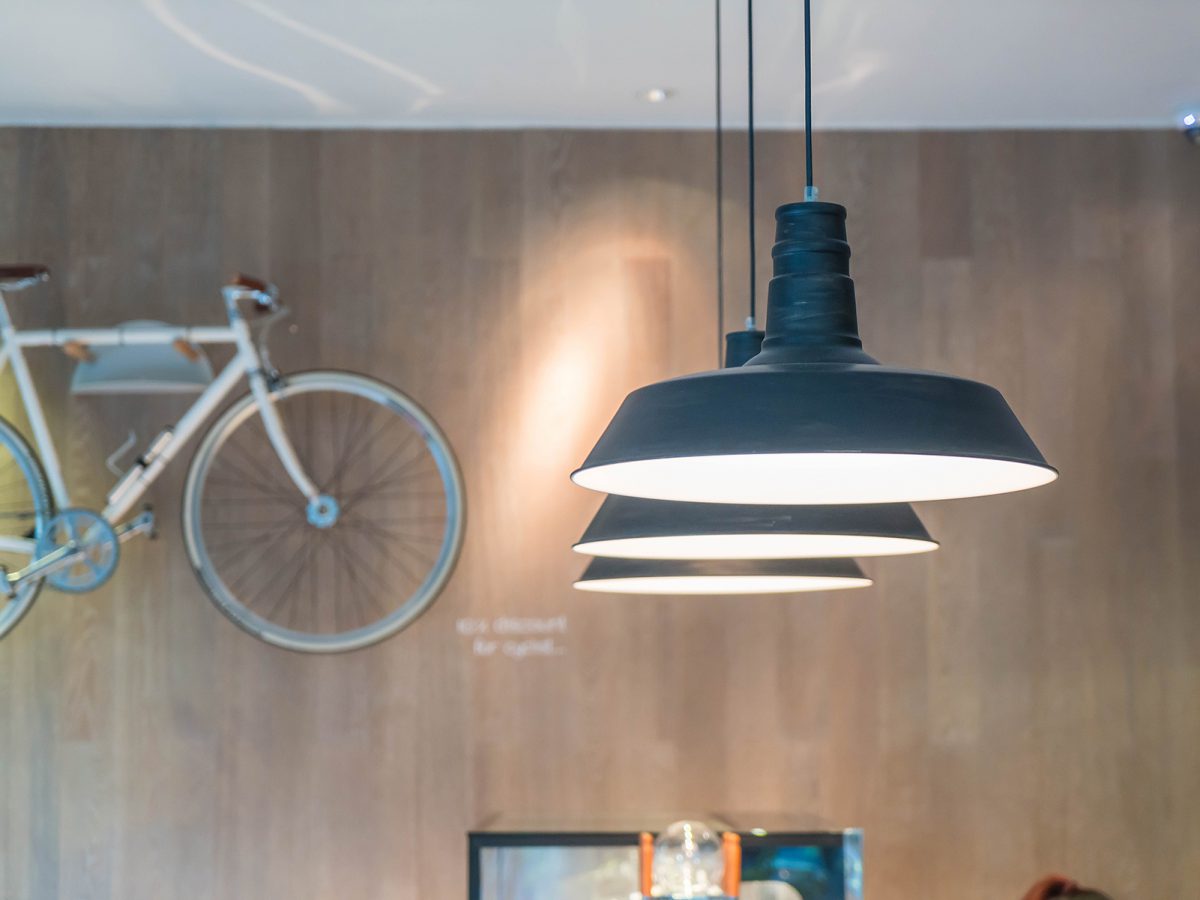
BLOG
ROOCAS ONE`s Blog


ROOCAS ONE`s Blog
2019.02.09
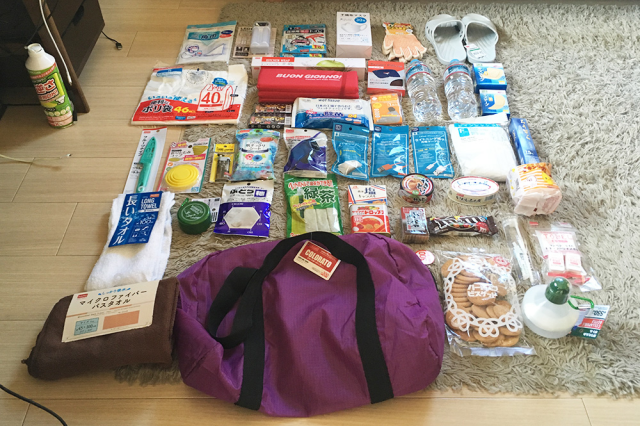
Although Japan is a very safe place in terms of offenses and wild animal attacks, the country's climate and geography contribute to the frequent occurrence of natural disasters. Earthquakes and typhoons are the two most common phenomena, along with heavy rains, which caused more than 170 deaths in the summer of 2018 in western Japan from floods and landslides. Therefore, all students, tourists, residents, and travelers in Japan should appreciate their readiness for natural disasters.
Fortunately, the creation of an “emergency reserve” does not require you to visit specialty stores or a huge cash outlay. You can find many of the vital things and products in the 100 Yen stores, where, as you might guess from the name, almost all items cost only 100 yen (about 1 US dollar) plus an 8% consumer tax (total 108 yen).
Here are a few recommendations on what to keep on hand "just in case."
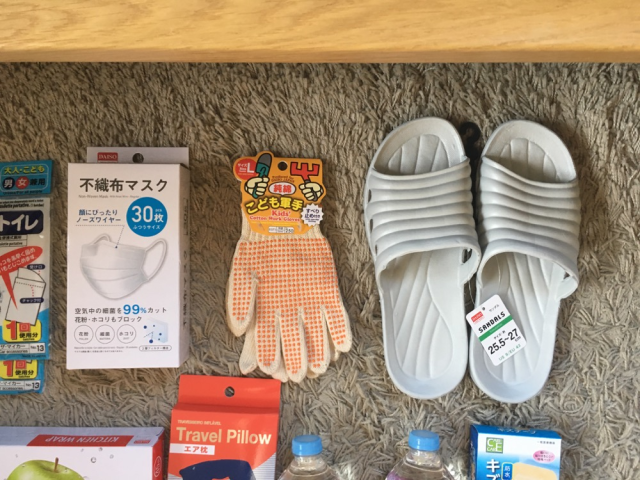
The need for sandals may seem strange, but if you follow local customs in Japan, you will take off your shoes at the entrance to the house, hotel, and hotel and leave it at the door. This means that if you need to quickly leave the building through a window or emergency exit, then you are unlikely to get to your shoes, so having some kind of replacement in your emergency kit is a good idea.
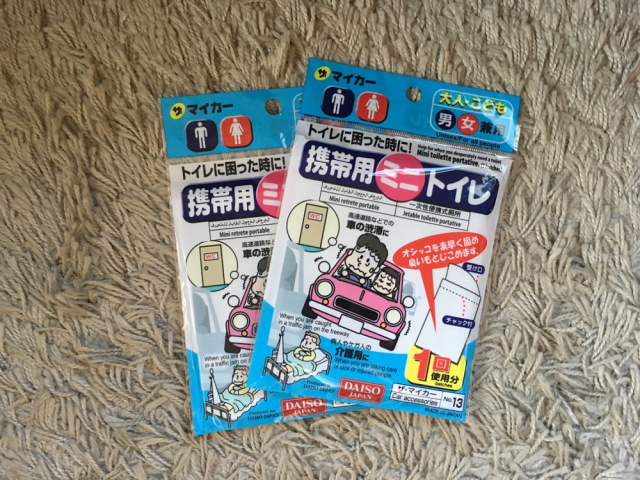
There is no time for a break in the bathroom before evacuation. Therefore, a pair of sealed plastic toilet bags will be useful, especially if the situation has weakened your intestines.
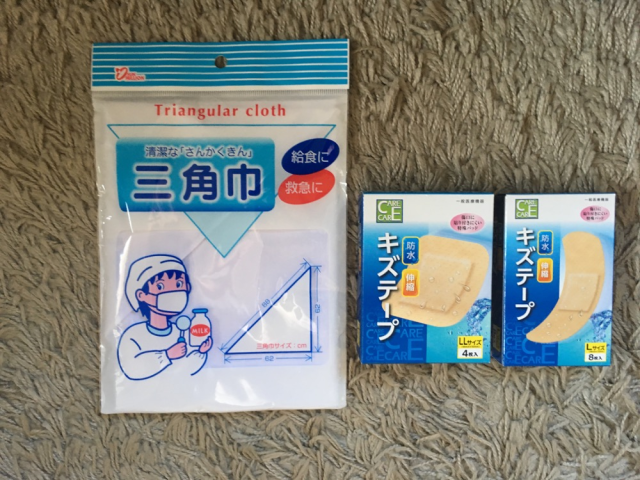
First aid equipment should also be included in your kit. While a triangular towel can be used as a mask, they can also fix a limb if you suffer from shoulder or arm injuries that require support and stabilization.
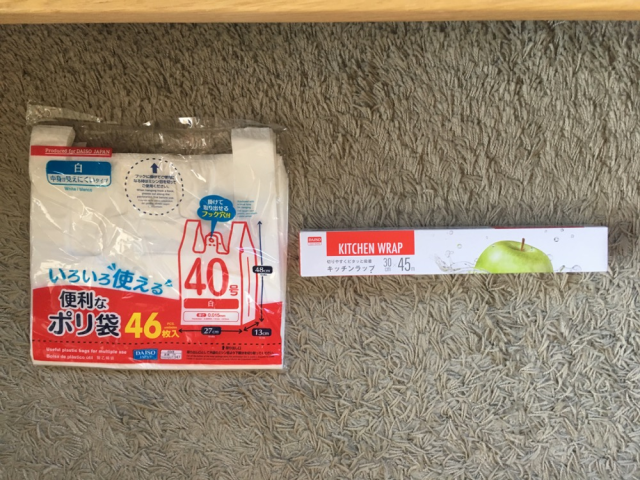
If you are saved from heavy rain or flooding, the ability to keep the necessary items dry will be a big problem, so you will need such waterproofing materials.
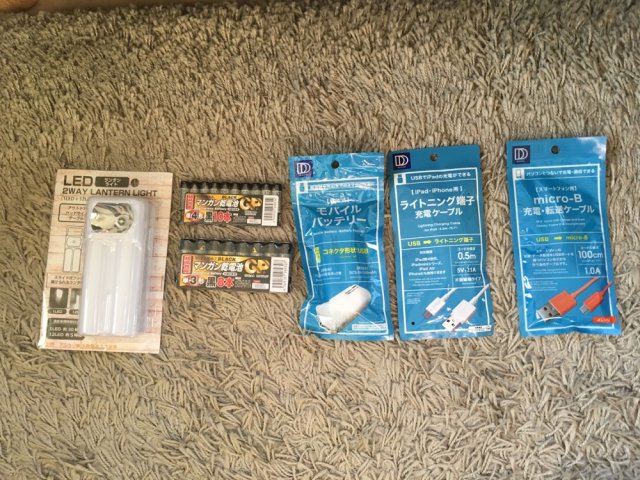
Electronic devices, such as smartphones and tablets, have ceased to be exclusively entertaining gadgets and are now crucial ways to connect with loved ones and get the latest information from the authorities, so you need power sources for them.
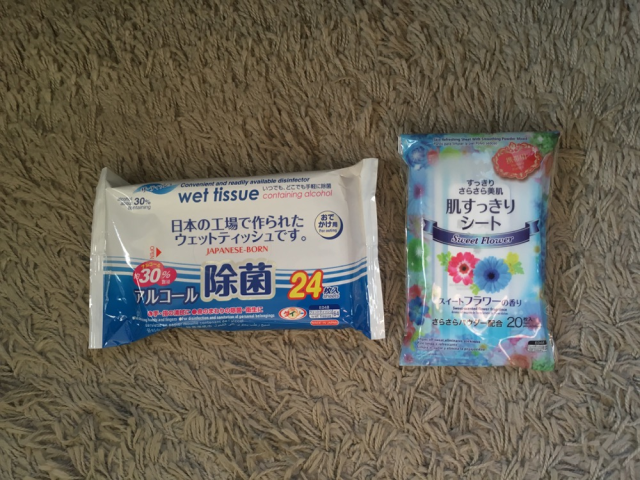
No one expects you to be neatly groomed during a disaster, but maintaining a certain level of cleanliness will help you stay healthy, especially if you have no access to standard personal hygiene facilities where you are.
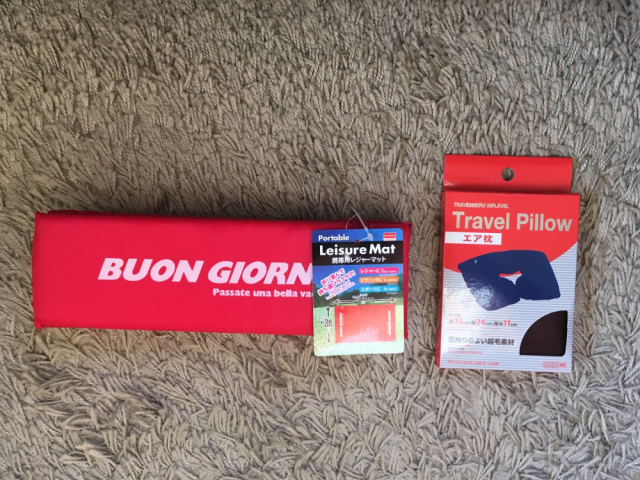
Natural disasters are often found at bedtime in temporary shelters, which may or may not have standard bedding for everyone. A folding mat and an airbag can be more connected for camping or traveling, but they can also improve the quality of sleep at the shelter, helping you to recover physically and mentally after an ordeal.
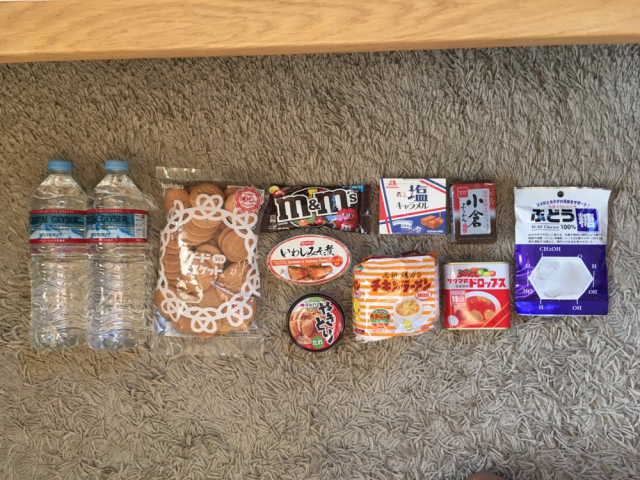
While most people associate “100 yen” stores with household items, most of them also have a fairly wide choice of food and beverages, many of which have a long shelf life.
In addition to bottled water, you can buy cookies, canned chicken yakitori, and sardines, dried ramen, and yokan (jelly-like bean and sugar marshmallow).
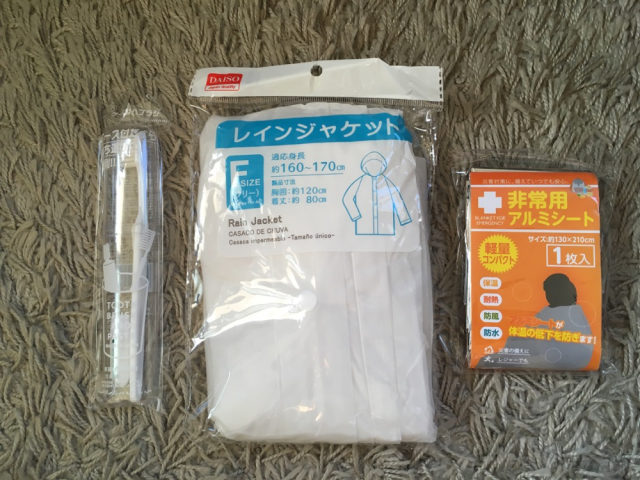
Also, we will put a toothbrush, a raincoat or a raincoat, a thermal blanket in our “black small suitcase” and a small knife, a lighter + candles that will cut food and give fire for light or cooking.
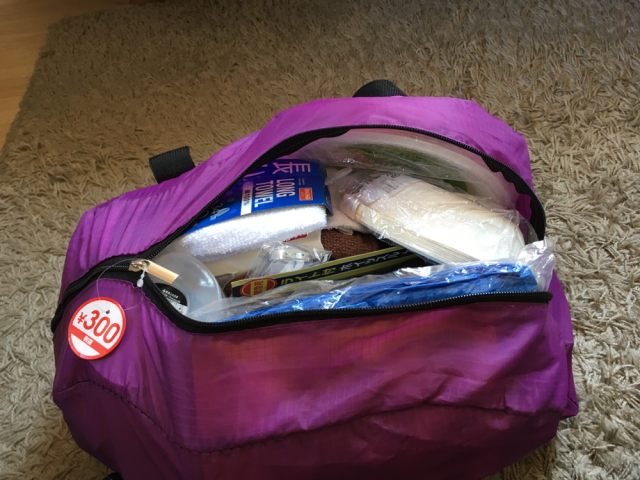
Of course, this is not a complete set of items that you will ever need in the event of a disaster. Nevertheless, even this preparation will be useful, and the Japanese stores "100 yen" - this is a great place to start.
Photo by http://blog.study-japan-guide.com